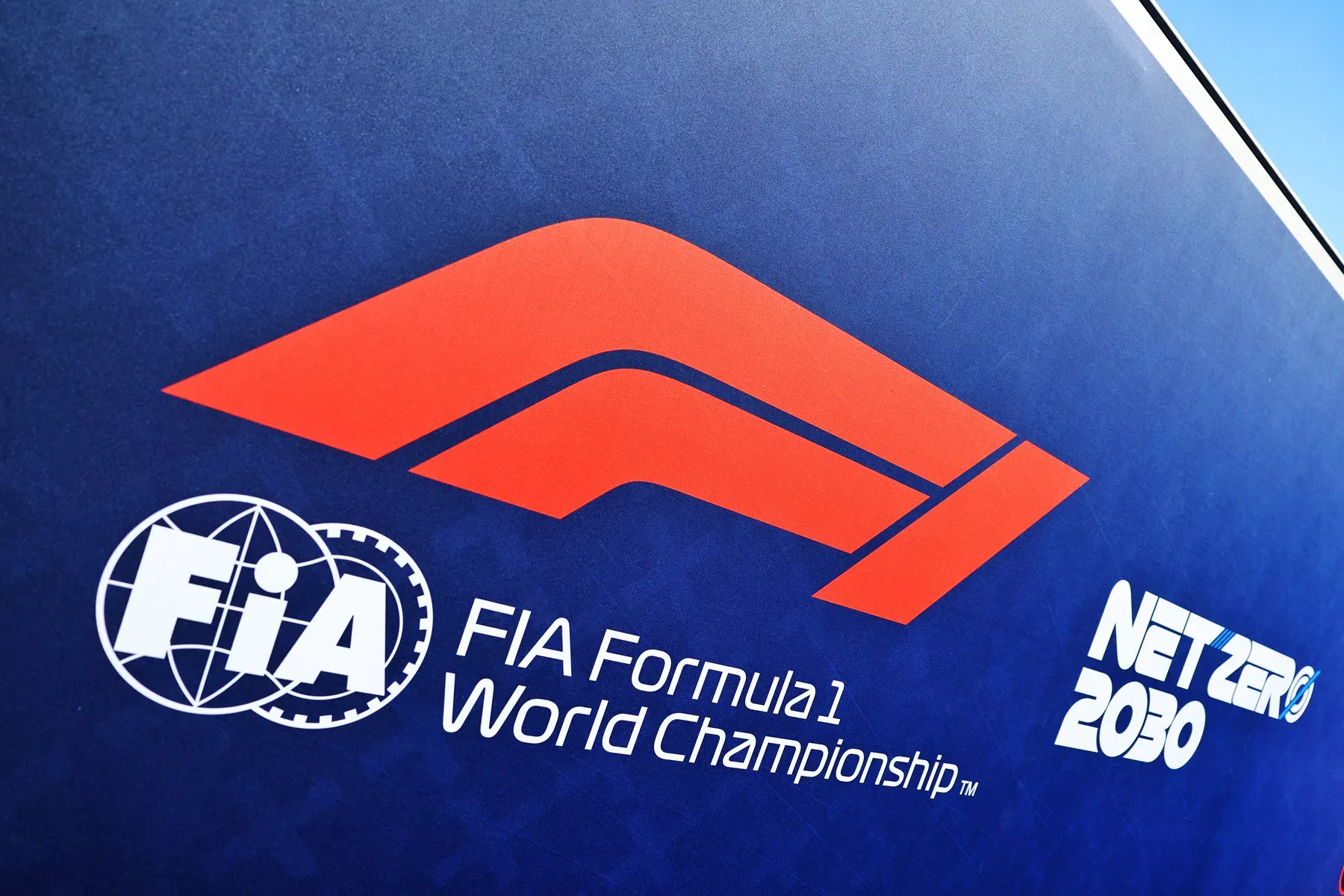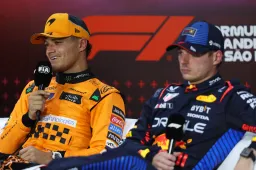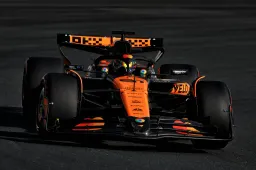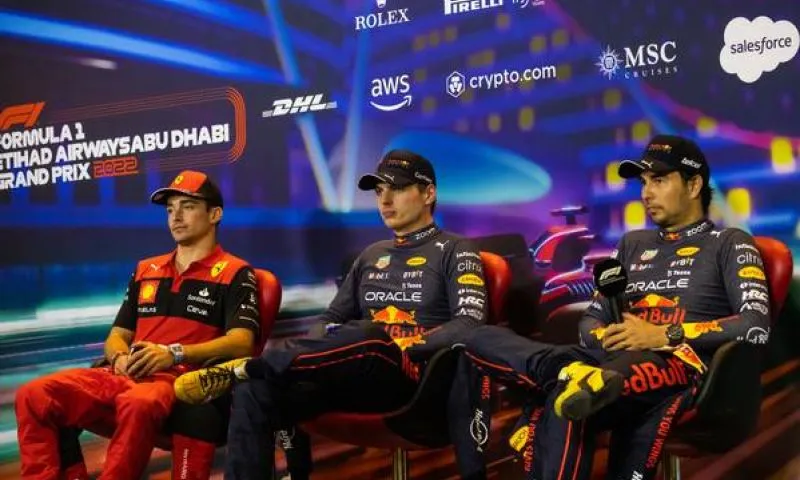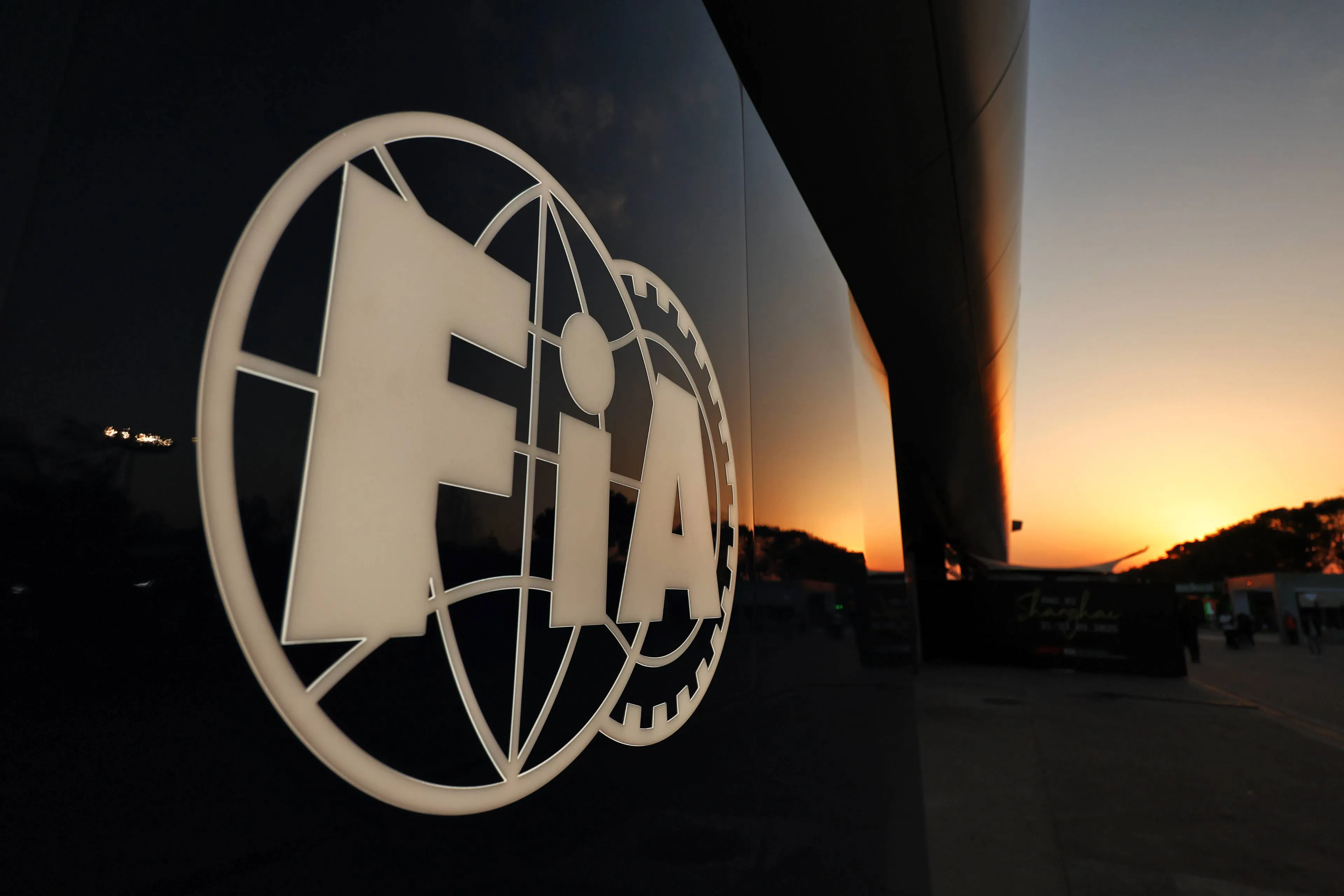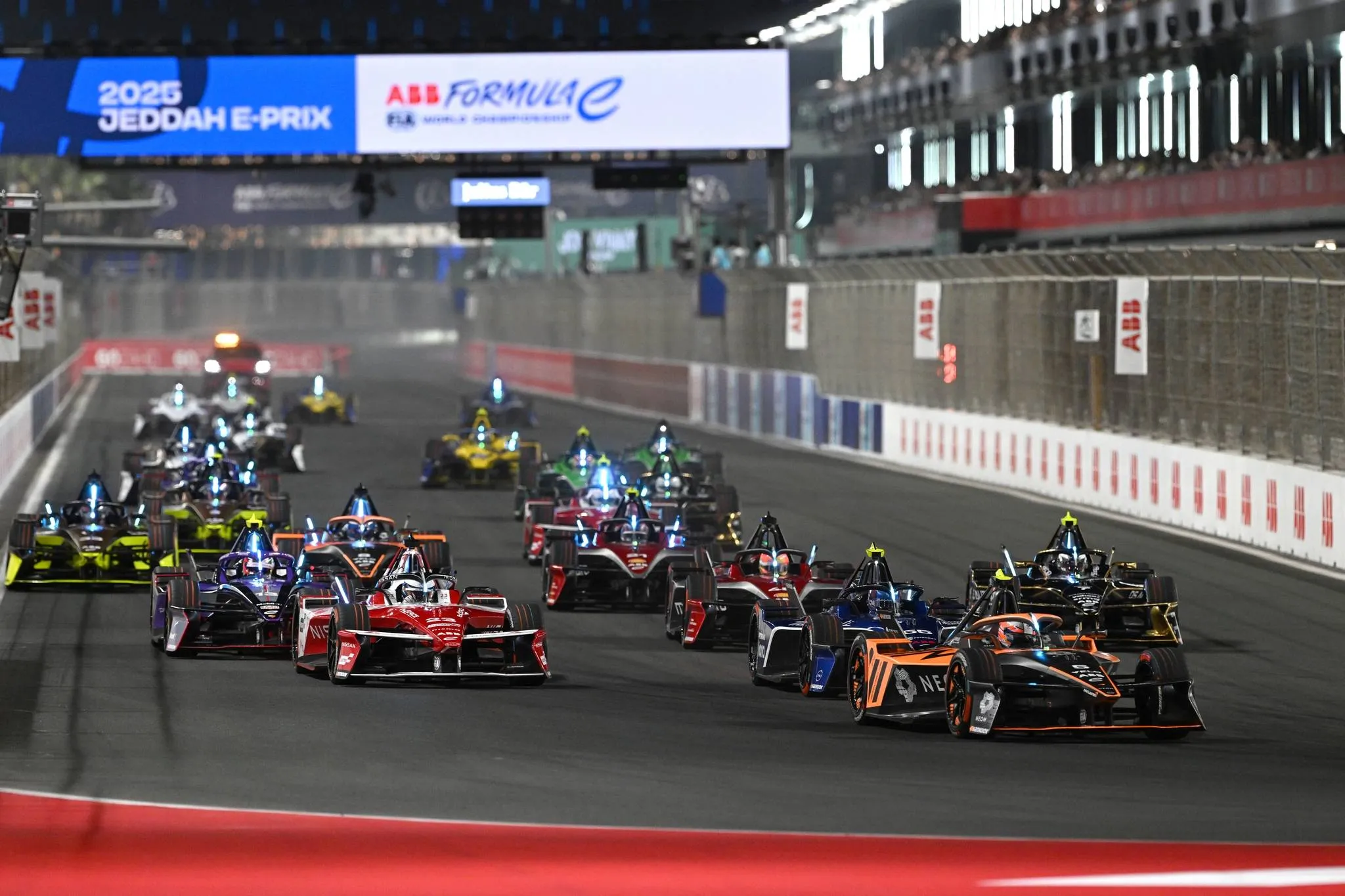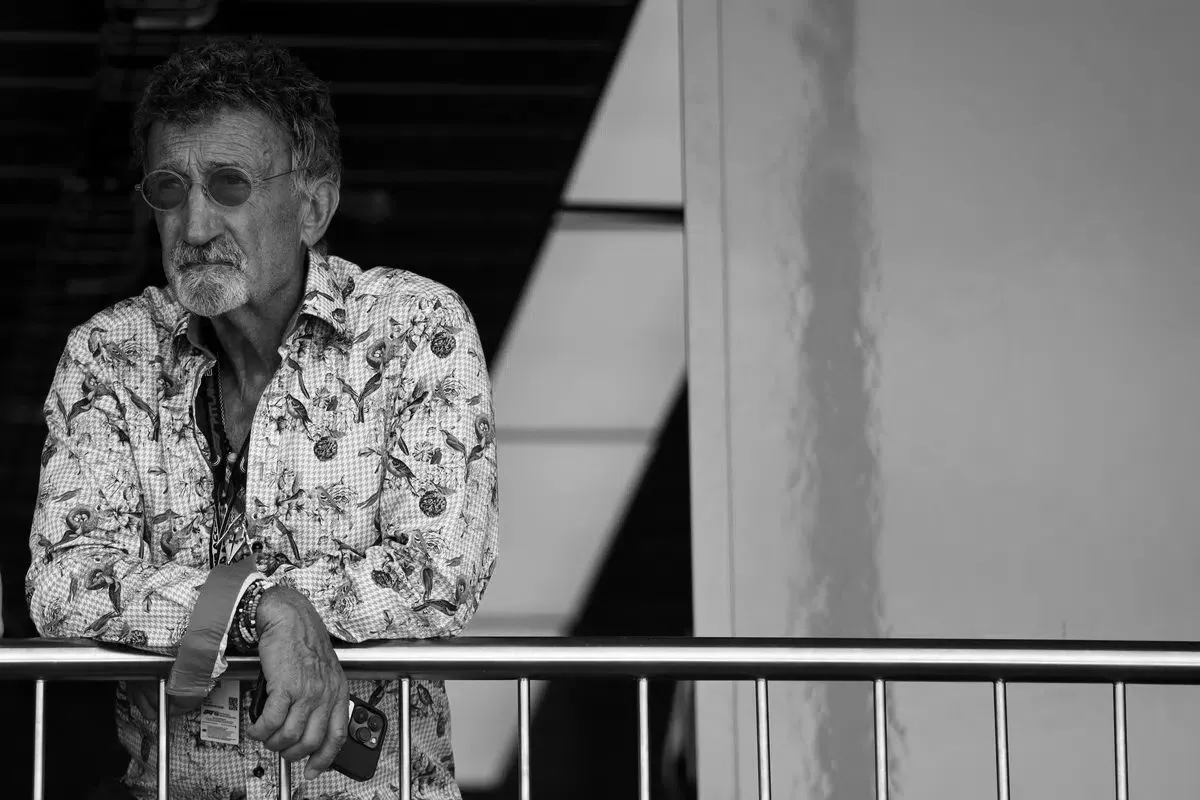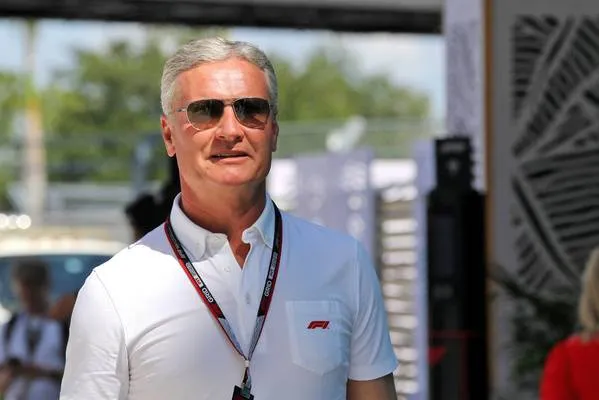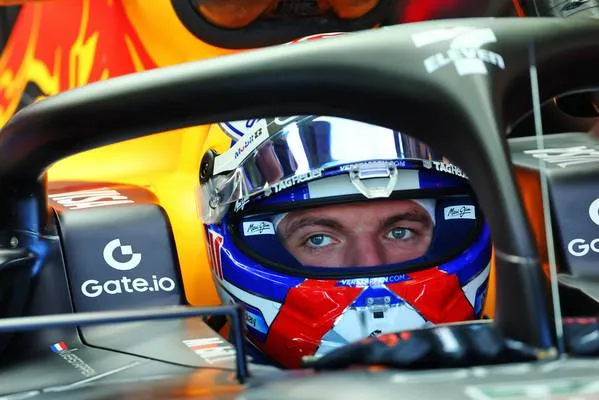Why F1 is totally inappropriate in Rwanda, South Africa or Thailand
16:00, 21 Dec 2024
6 Comments
While F1 teams and their drivers enjoy a well-deserved holiday, several countries fight hard for a spot on the F1 calendar. After the authoritarian leader of Rwanda announced its desire to host a Grand Prix earlier this month, South Africa and Thailand are also (once again) putting themselves forward. All have something in common: They represent countries that should have other priorities, where F1 currently has little business.
Gayton Mckenzie, South Africa's sports minister, pointed out that Europe had 10 Grands Prix, Italy even two: "Africa, with 54 countries, has none," the minister said at a press conference. He wanted that to change. In his eyes, Formula 1 had to come back to South Africa, and he would help ensure that with several backers on his side.
Money will always be an issue
It sounds ambitious, but it is not a different message from the one coming out of South Africa for years. In recent seasons, GPblog spoke several times with the owners of the Kyalami circuit - where the South African Grand Prix was then to be held - and each time, the message was: Funding simply cannot be secured for a Formula One comeback.
During the 63rd attempt or thereabouts, it may apparently succeed. You don't have to be a rocket scientist to realise that, once again, it will be a challenge to actually bring in a Grand Prix. If it succeeds, at least some public money will be used for that. As would be the case in Rwanda or Thailand - which dreams of a race in Bangkok.
Countries where a large part of the population lives below the poverty line, with people not at all waiting for a Grand Prix. Rather, the population would rather have good utilities instead (still, there is not always electricity in South Africa) or food. But the government's priority is to bring in a play thing for the rich with tens of millions.
In the vain hope, of course, that it attracts hundreds of thousands of tourists. However, the Malaysian Grand Prix has shown in the past that races sometimes cost more money than they bring in. A weekend at Monza is already pricey, let alone flying your family from Amsterdam or Manchester to South Africa for a Grand Prix. It's unlikely that tens of thousands of European fans are going to do that. So, a guarantee for a financial debacle - unless the government pays, of course.
This is what the FIA and F1 should do
Back to South Africa. For example, the United States and the Netherlands pay annual development aid. So while that is happening, the country would want to organise a Grand Prix with government money, crooked as it is, and Formula One Management should also know that. Why try to organise a Grand Prix in those countries at all? Is anyone really wanting for a race in a country like Rwanda or Thailand, completely averse to any motorsport history? Granted, South Africa has a history in the sport, but it goes back decades.
If F1 and FIA think racing in Africa or poorer areas of Asia is that important, they should consider this: Ask for no fee from the organiser, do it for free. Sell your tickets at extremely low prices to the local population and invest in local (motorsport) projects. Then there really is a reason to organise a Grand Prix.
This article was written in collaboration with Toby Nixon
Want more Formula 1? Then follow GPblog on our various social media channels!
Read more about:
Popular on GPBlog
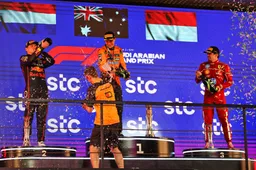
1
Herbert criticises "unprofessional and disrespectful" Verstappen on the Jeddah podium
1955 times read
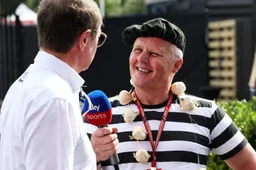
2
Herbert in controversy due to promoting illegal gambling sites in the Netherlands
663 times read
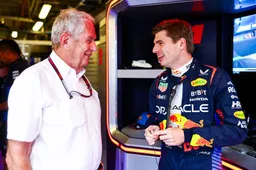
3
Marko intrigued to see if Piastri can "maintain this level of performance throughout the season"
621 times read
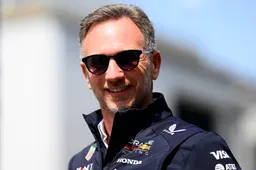
4
Horner accused of being a 'master politician' after wind tunnel correlation issue claim
609 times read
